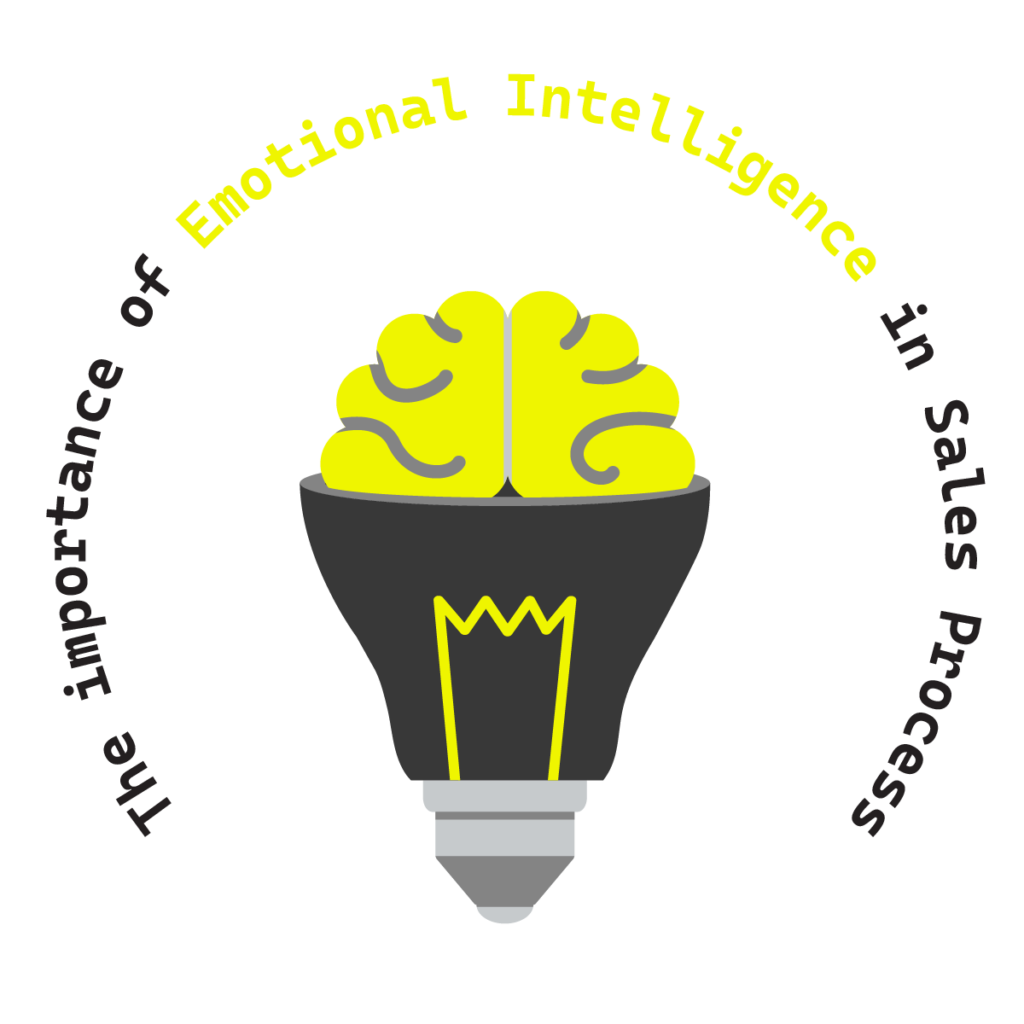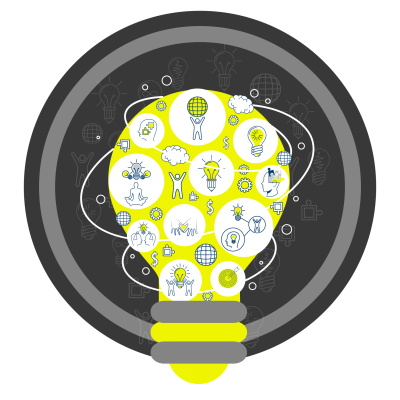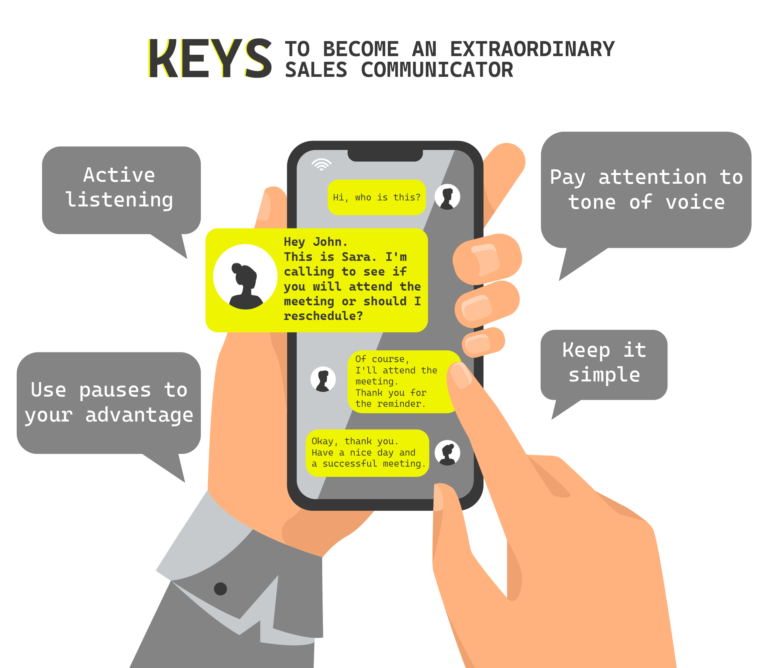Emotional Intelligence has become a buzzword in the sales industry. Today’s customers have more alternatives than ever before, thanks to the growth of digital tools and self-service purchasing, and cultivating strong relationships and emotional ties is essential to distinguishing out from the competition. Being Emotionally intelligent can help you to connect with customers on a deeper level, build trust and rapport, and tailor their approach to meet the unique emotional needs of each individual.

The importance of Emotional Intelligence in Sales Process
Studies have shown that emotional intelligence is a key predictor of sales success. Emotional intelligence helps marketers communicate more effectively, handle objections more skillfully, and build stronger relationships with customers.
Studies have shown that emotional intelligence is a key predictor of sales success. Emotional intelligence helps marketers communicate more effectively, handle objections more skillfully, and build stronger relationships with customers. It also helps salespeople manage their own emotions and maintain a positive, confident attitude, even in the face of rejection or setbacks. By mastering emotional intelligence, salespeople can improve their performance and achieve better results.
How Developing Emotional Intelligence Can Improve Your Success
Developing your emotional intelligence can help you build a successful sales career. In addition to improving your performance on the job, emotional intelligence can help you build stronger relationships with colleagues, navigate office politics more effectively, and manage your own stress and anxiety. By committing to ongoing learning and growth, you can develop your emotional intelligence and become a more successful salesperson.
Developing your emotional intelligence can help you build a successful sales career. In addition to improving your performance on the job, emotional intelligence can help you build stronger relationships with colleagues, navigate office politics more effectively, and manage your own stress and anxiety. By committing to ongoing learning and growth, you can develop your emotional intelligence and become a more successful salesperson.

Providing exceptional customer experience is crucial for success in the customer-centric marketplace. The ability to understand and respond to customers’ emotional needs can help salespeople create positive and engaging experiences. By utilizing skills such as empathy, self-awareness, social skills, and self-regulation, salespeople can build stronger relationships and deeper emotional connections with customers. This can lead to higher customer satisfaction, increased retention, and more repeat business.
To improve our ability to connect with customers on an emotional level, it’s essential to focus on developing emotional awareness and management skills. Keeping a journal or using a mood-tracking app can be useful in identifying emotional patterns and triggers, as well as enhancing our self-awareness. Additionally, developing empathy and social skills can help us respond appropriately to customers’ emotions and build stronger relationships.
Practicing techniques such as deep breathing, meditation, or visualization can help you remain calm and centered in stressful situations, allowing you to communicate more effectively with customers and make better decisions. At Sales-Matic.com, we are committed to helping sales professionals improve their skills and achieve better results. That’s why we often organize workshops on the topic of emotional intelligence in sales and marketing.
During these workshops, participants have the opportunity to learn practical techniques for developing their emotional intelligence, as well as to share their own experiences and learn from others. By attending our emotional intelligence workshops, you can gain the knowledge and skills you need to connect with customers on a deeper level, build trust and rapport, and tailor your approach to meet the unique emotional needs of each individual.
Objections are an inevitable part of the sales process. Emotional intelligence can help sales professionals effectively address objections and build trust with their clients. Empathy, active listening, and self-regulation skills are essential to respond to objections in a way that addresses the client’s underlying concerns and builds a lasting relationship based on trust and understanding.
Following up with customers and building lasting relationships is also critical in sales. Emotional intelligence can help salespeople maintain these relationships by keeping them engaged and demonstrating their commitment to their customers.




